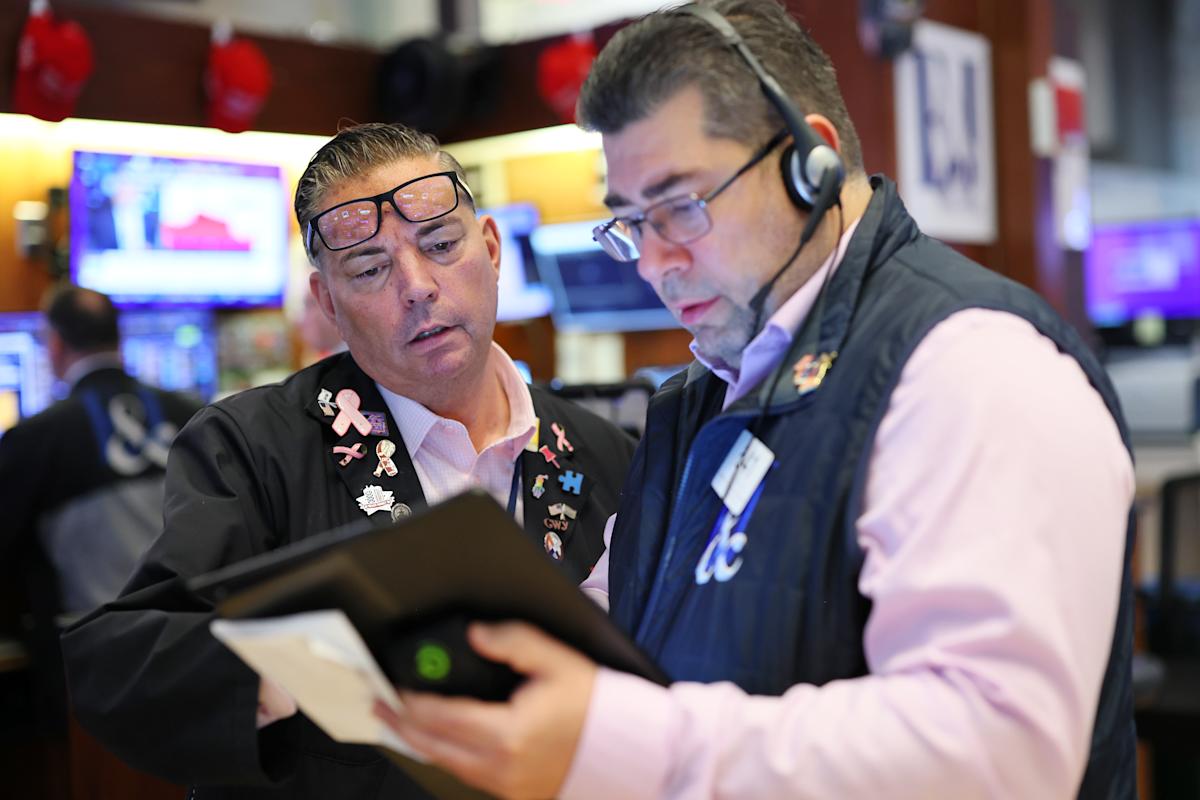US stock futures experienced a significant downturn on Friday, a reaction to Israel’s bold preemptive strikes against Iran’s nuclear facilities, raising fears of an escalating conflict in the Middle East. This unsettling news tumbled the Dow Jones Industrial Average futures by 1.1%, while S&P 500 futures fell by 1%, and Nasdaq 100 futures dropped 1.3%. Amid these tumultuous developments, oil prices surged, driven by apprehensions regarding instability in a region critical to global energy supplies.
On Thursday night, Israel launched what it termed a “preemptive strike” aimed at thwarting Iran’s nuclear ambitions, citing the ongoing threat posed by Tehran’s potential nuclear weapons development. The strikes reportedly resulted in multiple explosions throughout the Iranian capital, igniting sentiments of insecurity across global markets. This led to an impressive spike in oil prices, with crude oil seeing a surge of as much as 10%, reflecting the anxiety that surrounds shifts in supply dynamics from one of OPEC’s leading producers.
Israeli Prime Minister Benjamin Netanyahu declared, “We struck at the heart of Iran’s nuclear enrichment program,” emphasizing that military actions would persist until the perceived threats were addressed. These developments exacerbate the growing fears of a new Middle Eastern conflict, with Iran reportedly retaliating by dispatching 100 drones toward Israeli territory—an ominous sign of possible further military escalation.
In the backdrop of these military tensions, the U.S. has asserted a stance of caution. U.S. Secretary of State Marco Rubio noted that Israel’s actions were undertaken without U.S. guidance or involvement, cautioning Iran against targeting U.S. interests amid these heightened tensions. The backdrop of these geopolitical movements brings an air of uncertainty that reverberates throughout global markets.
Amid these developments, U.S. markets had initially appeared to be stabilizing—traders were holding a more positive outlook following recent discussions about potential trade deals between the U.S. and China, and unexpectedly favorable signs regarding domestic inflation. However, this geopolitical shake-up abruptly altered market sentiment, leading investors to adopt a more defensive posture.
As the week unfolded, market fluctuations were further influenced by comments from President Trump regarding tariffs. Following hints of increased tariffs on auto imports and reaffirmations for potential cuts in interest rates, market volatility seemed amplified. Investors are left to navigate a landscape characterized by fluctuating national and international factors that leave markets delicate and consumers uncertain.
Friday marks a critical juncture for investors; Wall Street is set to receive insights on consumer sentiment through the latest University of Michigan survey, further informing the economic outlook amid tariff uncertainties. With policymakers gearing up to issue their next decision on interest rates in a meeting scheduled for Wednesday, analysts are predicting that the Federal Reserve will maintain current rates, providing a degree of stability.
Importantly, this geopolitical tension is also impacting other asset classes, notably cryptocurrencies. Bitcoin and Ethereum, valuable barometers in digital asset performance, have seen declines as the news from the Middle East ripples through financial markets.
The coming weeks will undoubtedly hinge on developments surrounding the ongoing tensions between Israel and Iran. As potential retaliations loom, market participants remain watchful. The alarm bells have been sounded; investors are urged to stay informed and alert in this volatile landscape.
In summary, the latest developments surrounding the Israeli strikes on Iran are instigating ripples across financial markets, raising worries of a wider conflict, disrupting market sentiment, and leading to surges in oil prices. As stakeholders process the immediate impacts, the situation remains fluid, necessitating close observation of unfolding events that could further disrupt global economic stability. In these trying times, staying abreast of developments is essential for navigating an increasingly complex market environment.
Source link










